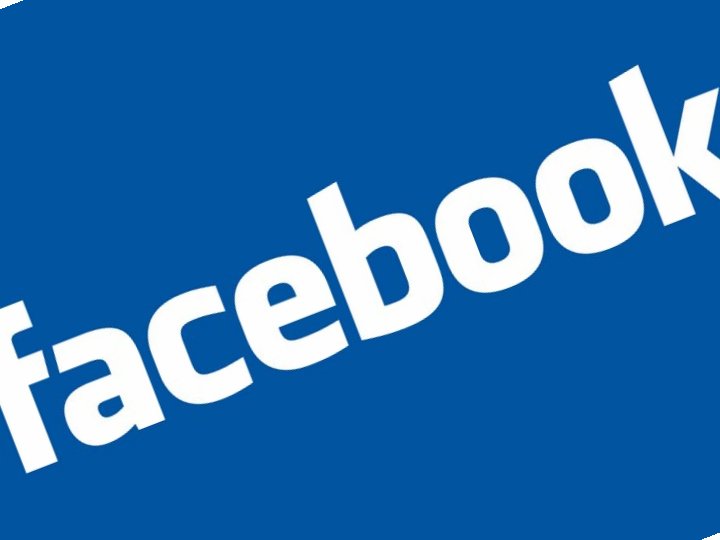Why you shouldn't trust Facebook's apology
Everyone knows that privacy isn't profitable

Parents of young children can spot an insincere apology from miles away.
"Sorry," your tot mumbles, after you find the dog half-shaved and your Xbox full of jam.
"Sorry for what?" you'll say. "Sorry for shaving the dog and putting jam in your Xbox," he'll say, looking at the floor. But he's lying. He's only sorry that he didn't get away with it.
Facebook's much-reported apology in the Washington Post is a bit like that. "Sorry," says Mark Zuckerberg. "Sorry for what?" the internet asks.
"Sorry for invading your privacy and making things confusing and stuff," Zuckerberg says. "Can I have an ice cream now?"
In his article, Zuckerberg explains the "principles under which Facebook operates". Number one? "You have control over how your information is shared"; number two, "We do not share your personal information with people or services you don't want". Number three, "We do not give advertisers access to your personal information."
Principles are good things, but only if you stick to them.
Sign up for breaking news, reviews, opinion, top tech deals, and more.
You have control? Facebook doesn't share with people you don't want to share with? Then why did EU regulators warn Facebook earlier this month that its most recent privacy changes, which made private information public by default, were "unacceptable"?
Why do we need a stand-alone bit of software to work out what we're sharing and with whom? As for not giving advertisers access, here's a story about, er, Facebook accidentally giving advertisers access to people's private information.
If Facebook really cared about protecting your data, it would make features opt-in, not opt-out: it would say "here's your stuff, and we won't share it unless you want us to" rather than "we're sharing all your stuff with everyone until and unless you can find the right options to stop us".
But it won't, because the fifth principle Zuckerberg describes - "We will always keep Facebook a free service for everyone" - means that the only way Facebook's going to make money is by invading its users' privacy.
Forget Zuckerberg's claim that Facebook's mission is about "giving people the power to share and making the world more open and connected." Facebook's mission is to make money.
Facebook isn't sorry. It says it's sorry, but it isn't sorry. Sure, it'll come up with tweaked privacy settings to defray criticism, just like it did in December 2009. And in August 2009. And in March 2008. And in December 2007.
But make no mistake. Mark Zuckerberg has his eye on your Xbox, and he's got jam jars in his hand.
----------------------------------------------------------------------------------------------------

Contributor
Writer, broadcaster, musician and kitchen gadget obsessive Carrie Marshall has been writing about tech since 1998, contributing sage advice and odd opinions to all kinds of magazines and websites as well as writing more than twenty books. Her latest, a love letter to music titled Small Town Joy, is on sale now. She is the singer in spectacularly obscure Glaswegian rock band Unquiet Mind.